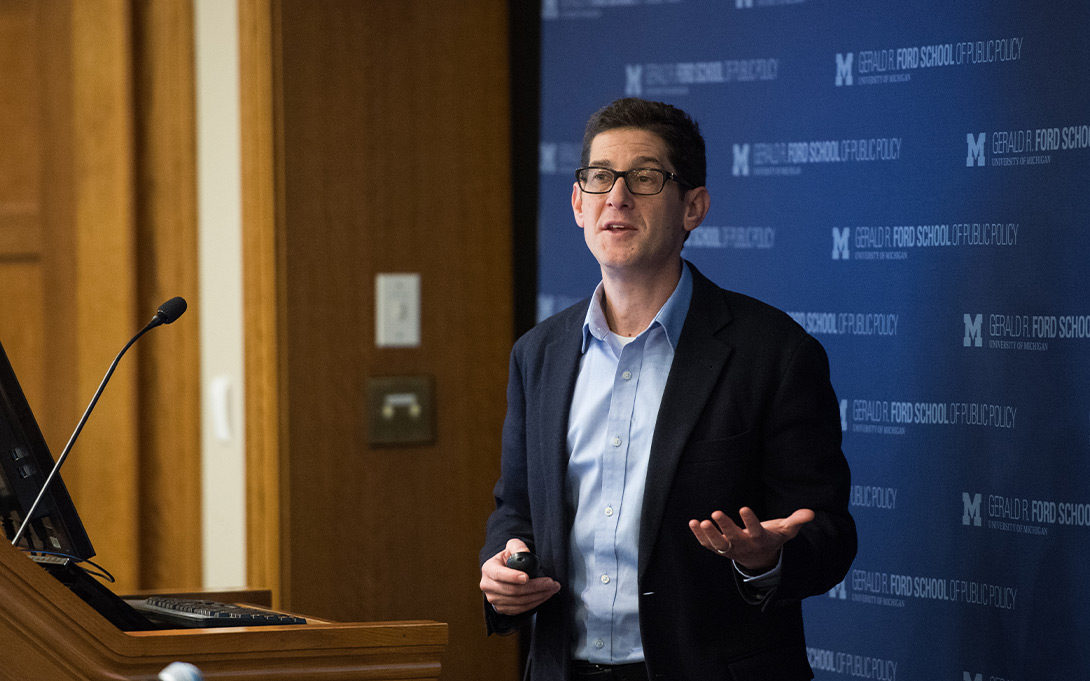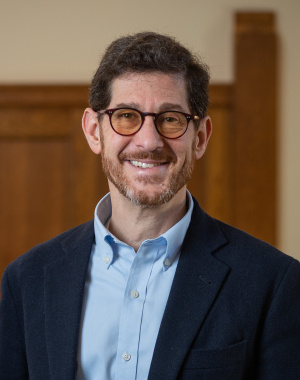
Despite the large number of youth detained in juvenile detention centers before a trial, little research has been conducted on the impact of this detainment on life outcomes. Publishing a new research brief for the Cato Institute, Brian Jacob, Walter H. Annenberg Professor of Education Policy and co-director of the Youth Policy Lab, with E. Jason Baron, and Joseph P. Ryan, have produced one of the first such studies.
Using Michigan public school records and juvenile petition and detention records, the research team compares the outcomes of youth who were detained before a hearing to those who were instead released to their parents or in home detention.
Jacob and his colleagues find that pretrial detention has far-reaching, negative effects on youth, decreasing the likelihood of graduating from high school and increasing the likelihood that an individual will be arrested and incarcerated in adulthood
Given their findings, the researchers dive deeper into the mechanisms driving these negative impacts. They conclude that placement in a juvenile detention center is disruptive to students’ schooling. This disruption more often causes students to switch schools during the academic year, be retained in their grade level, receive special education services, and be chronically absent—all factors that lead to decreased graduation rates.
With these concerns in mind, the authors turn to a cost-benefit analysis of pretrial juvenile detention. “The large costs of detention due to reductions in high school graduation and increases in adult crime, as well as the monetary costs of detaining youth, suggest the benefits from detention would have to be quite large to justify its use,” they write.
Pretrial juvenile detention is relied on to increase court hearing attendance and prevent criminal activity while awaiting trial. However, Jacob and his co-authors find that it only reduces court hearing absences by 0.4 percentage points—a small effect given the large monetary and societal costs. They also suggest that pretrial juvenile detention has little impact on criminal activity before a trial, throwing the worth of pretrial juvenile detention into question.
Read the entirety of Jacob’s brief for the Cato Institute.
